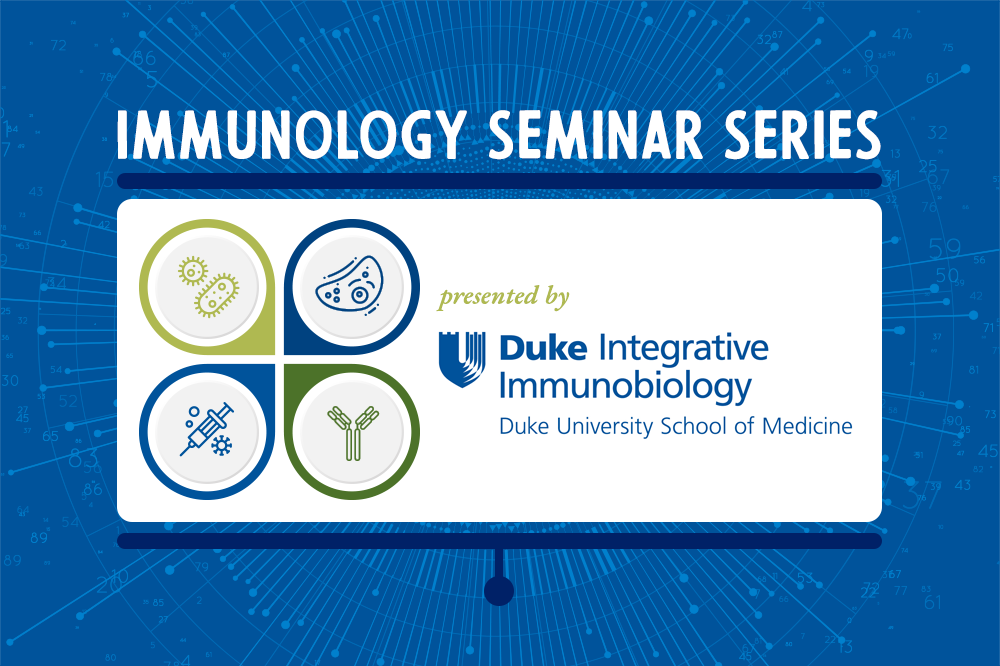
Speaker
Paulo Rodriguez, PhD Moffitt Cancer Center Dr. Rodriguez's research programs focus on the suppressive effects induced by tumor-infiltrating myeloid-derived suppressor cells (MDSC), a heterogeneous population of immature myeloid precursors that are primary mediators of tumor-induced anergy and a major obstacle for the development of successful cancer immunotherapies. My current research programs are summarized as following:1. To determine the role of major pathways associated with cellular stress in the tumor microenvironment as master regulators of the immune suppressive activity of MDSC. This research is based on the hypothesis that the activation of particular stress signals in MDSC drives their ability to inhibit T cell responses and modulates MDSC accumulation and survival in tumors. Therefore, therapeutic inhibition of these mediators and its major upstream regulators in tumors will reprogram MDSC function into functional anti-tumor antigen presenting cells, restore protective anti-tumor T cell responses, and increase the efficacy of various forms immunotherapy.2. To identify the importance of the inhibition of Notch1 signaling in CD8 T lymphocytes in the T cell anergy induced by MDSC in solid tumors. The Notch family of receptors mediates a highly conserved pathway that controls the function, development, and differentiation of many cell types, including immune cells. In this research project, we aim to elucidate the mechanisms whereby Notch1 activity in CD8 T cells counteracts MDSC-linked tolerance in tumors and to test the effect of triggering Notch1 signaling in T cells as a novel strategy to increase the efficacy of various forms of cancer immunotherapy. We are currently investigating several therapeutic approaches aimed at increasing Notch1 signaling in tumor-infiltrating CD8 T cells.3. To understand the role of the deprivation of the non-essential amino acid L-arginine in the suppressive function and accumulation of MDSC in tumors. The metabolism of different amino acids, including L-Arginine, by tumor-infiltrating MDSC has been shown to impair anti-tumor T cell responses. Ongoing experiments are testing the effect of the deprivation of L-Arginine and other nutrients in the function and accumulation of MDSC in tumor-bearing hosts. This strategy is expected to enable the metabolic reprogramming of MDSC in tumors, thereby resulting in significant anti-tumor effects. https://duke.zoom.us/j/98145597137
Event Series